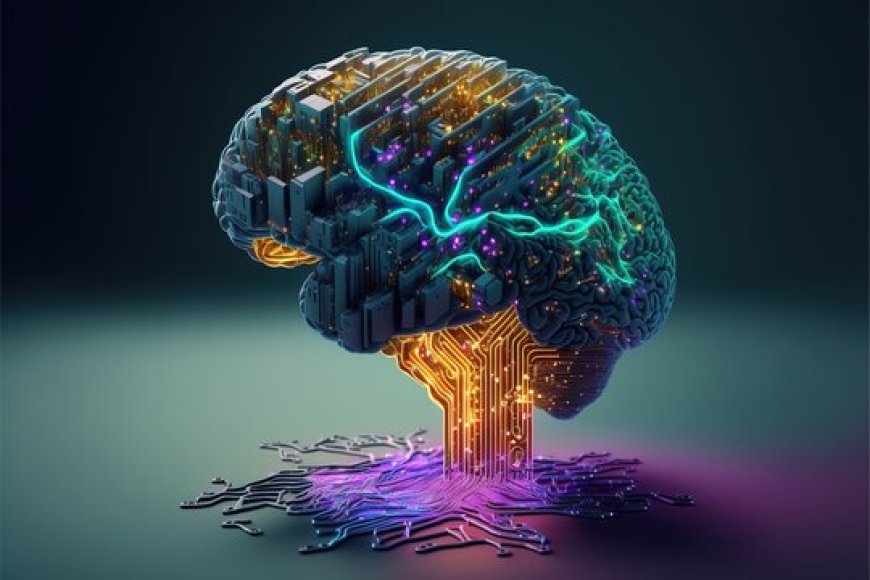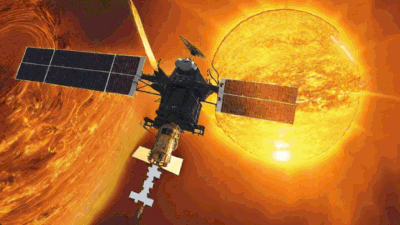AI Open For All
Artificial Intelligence (AI) has seamlessly integrated into daily life, offering convenience and personalization across various domains. From managing schedules to healthcare diagnosis, AI enhances efficiency and accuracy, transforming industries like transportation and manufacturing. While AI-driven automation boosts productivity, ethical considerations regarding data privacy and algorithmic bias are paramount. The evolution of AI presents both opportunities and challenges, requiring responsible deployment to ensure societal benefit. Overall, AI represents a transformative force shaping a brighter, more inclusive future.

Imagine waking up to the calming voice of Alexa, your virtual assistant, ready to assist with your day's tasks. With just a voice command, Alexa helps manage your busy schedule, reminding you of important appointments and even ordering groceries to ensure your household runs smoothly. It's like having a dependable companion by your side, handling the little things so you can focus on what truly matters. During a break, while scrolling through social media, you notice something remarkable - the platform suggests articles, videos, and music perfectly aligned with your interests. It's as if the app knows you inside out, curating a personalized browsing experience that keeps you engaged and entertained for hours. But AI's magic extends beyond entertainment. When you decide to shop online, AI-powered recommendation systems enhance your experience. By analyzing your past purchases and browsing habits, these systems suggest products tailored to your preferences, making finding the perfect item effortless. It's like having a personal shopper who understands your taste better than you do, saving you time and ensuring you always find what you're looking for. It's all because of AI which is Artificial Intelligence.
Artificial intelligence (AI) has been around for decades, with key milestones and discoveries along the way. It all began in the 1950s when pioneers like Alan Turing proposed the concept of machines that could exhibit intelligent behavior. The Dartmouth Conference in 1956 is often considered the birth of AI as a field, where researchers laid out their vision for creating intelligent machines. Early efforts focused on symbolic AI, using rules and logic to simulate human reasoning. However, in the 1960s and 1970s, AI faced challenges due to limited computing power and lack of data, although this period saw the development of expert systems and early forms of machine learning. In the 1980s and 1990s, AI experienced a resurgence with advancements in neural networks and the emergence of subfields like natural language processing and computer vision. The 21st century witnessed exponential growth in AI technologies, driven by increased computational resources, big data, and breakthroughs in deep learning. Today, AI is widely used in various industries, from virtual assistants and recommendation systems to autonomous vehicles and medical diagnosis, transforming the modern world in profound ways.
Artificial intelligence (AI) has seamlessly integrated into our daily lives, providing convenience, efficiency, and personalization across various areas. From managing schedules to enhancing entertainment experiences, AI technologies have become essential tools that shape how we live, work, and engage with the world around us. There are several fields where we can use AI to increase the quality of our work.
In healthcare, AI technology is making significant progress in assisting doctors with diagnosis and treatment decisions. By analyzing extensive medical data, AI algorithms help healthcare professionals identify patterns and insights that may elude human practitioners, leading to more accurate diagnoses and effective treatment plans. This not only improves patient outcomes but also reduces medical errors, making healthcare delivery more efficient and reliable. Transportation is another area undergoing transformative change with AI. With the emergence of autonomous vehicles, self-driving cars use advanced AI algorithms to navigate roads safely and efficiently, offering greater mobility and potentially reducing emissions for a greener future. This technology not only revolutionizes personal transportation but also has the potential to reshape entire industries, from logistics to urban planning.
Additionally, AI-driven automation is revolutionizing traditional industries like manufacturing, retail, and agriculture. By streamlining processes and optimizing operations, AI technologies enhance productivity and efficiency, driving business growth and competitiveness globally. However, with AI's power comes responsibility. As AI technologies evolve and expand, it's crucial to address challenges such as data privacy, algorithmic bias, and ethical considerations to ensure their ethical and equitable deployment.
In the end, AI's transformative impact is undeniable, offering a future where technology enhances our lives across various domains. It's an exciting era of innovation and opportunity, thanks to the power of AI. As we continue to harness AI's potential, it's essential to do so responsibly, ensuring these technologies benefit society as a whole and create a brighter, more inclusive future.











































